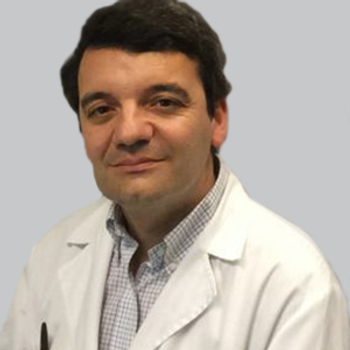
The authors concluded that when DBS is insufficient to manage motor symptoms, apomorphine, whether alone or in combination with DBS, is a good choice to improve the disease control.


Focused Ultrasound Has Widespread Potential to Treat Movement Disorders

The authors concluded that when DBS is insufficient to manage motor symptoms, apomorphine, whether alone or in combination with DBS, is a good choice to improve the disease control.
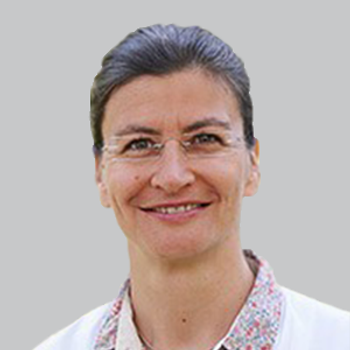
The results of this observational “real-world” study found that disease duration, but not age, at the time of the surgery was associated with the dementia risk.

The ELLDOPA trial results showed no significant difference with levodopa in combination with carbidopa between the patients who were treated early compared to those with delayed initiation.

According to physician-reported data, the wearable PKG device provided data which resulted in an alteration in Parkinson management for 32% of patients.
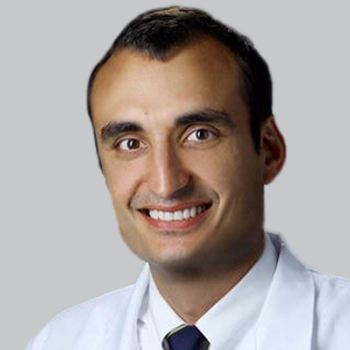
The David M. Levy Professor of Neurology and director of the Center for Health and Technology at the University of Rochester Medical Center spoke about the projection for the future and what could be done to mitigate it.
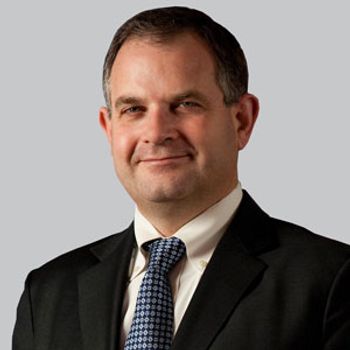
The regulatory agency determined that it was unable to approve the treatment in its present form, requesting additional information and analyses but no additional clinical studies.

The postgraduate epidemiology fellow at the Centers for Disease Control and Prevention discussed the data and what she and her colleagues found in their analyses of children with Tourette syndrome.

The associate professor of neurology and neuroscience at Weill Cornell Medicine spoke to the specifics of the trial as well as the investigators’ goals.

Axovant Sciences has announced that, in addition to receiving positive feedback from the FDA on its clinical development, it is expecting data from the first 2 patients dosed to read out in March 2019.

The professor of neurology at VCU spoke about the possibility of pairing gene therapies for Huntington disease down the line when they are available.

A planned phase 1/2 trial of the recombinant AAV5 vector treatment is expected to begin dosing patients in the second half of 2019.

The director of the University of Florida’s Tourette Association of America Southeast Regional Center of Excellence spoke about the potential targets for neuromodulation and the progress that has been made with DBS in Tourette.
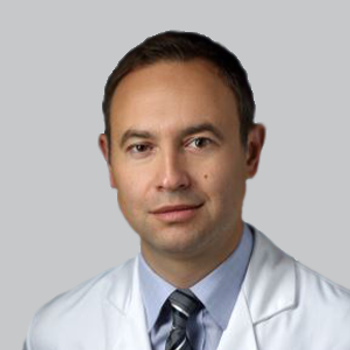
This is the first biomarker evidence that peripherally administered exenatide may both engage and normalize brain insulin signaling in association with the activation of Akt and mTOR cascades in Parkinson disease.
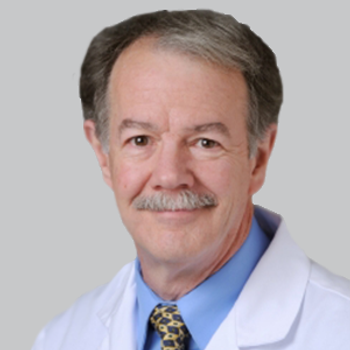
The director of Parkinson’s Disease and Movement Disorders Program at Henry Ford Hospital spoke about how improving levodopa delivery systems, among other advancements, has progressed the treatment of the disease.
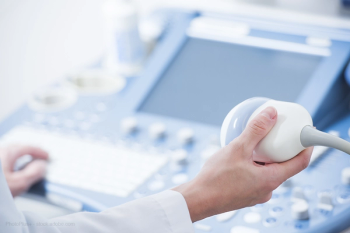
What are beneficial alternatives for patients who have refractory essential tremor? Four studies provide insight into the outcomes of high-intensity focused ultrasound.
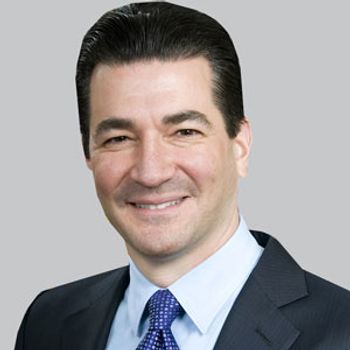
The agency is anticipating upward of 200 INDs per year by 2020 and between 10 and 20 cell and gene therapy approvals per year by 2025.

On top of an extraordinary economic burden, caregivers of patients with Parkinson disease have higher rates of several general caregiving comorbidities, including backache, hypertension, and gastrointestinal symptoms.

The AAN position statement author further addressed the opposing position of the Nevada law, the AAN’s position on brain death, and what clinicians need to know in regard to determining it.

The Chair of the AAN’s Ethics, Law and Humanities Committee spoke to the American Academy of Neurology’s goal to improve the consistency of determining brain death.
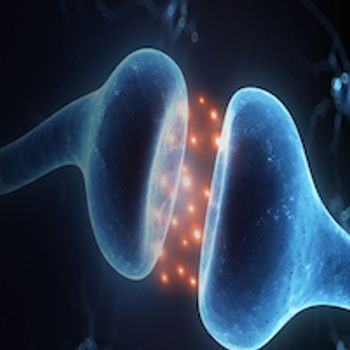
This guide includes everything you need to know about amantadine (Osmolex ER, Osmotica Pharmaceuticals) for the treatment of Parkinson disease and drug-induced extrapyramidal reactions in adults.

This guide includes everything you need to know about pimavanserin (Nuplazid, Acadia Pharmaceuticals) for the treatment of delusions and hallucinations associated with Parkinson disease psychosis.
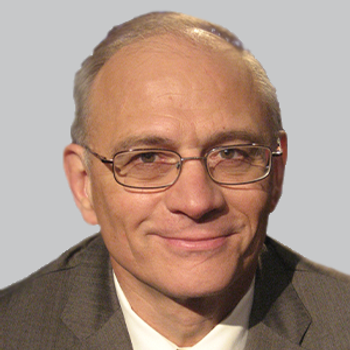
The Clinical Director of the NHGRI spoke about the impact of the NIH program and its future development.
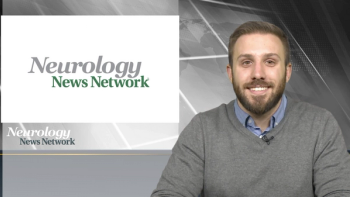
Neurology News Network for the week of January 5, 2019.

The position statement’s author noted that a lack of specificity in laws and inconsistencies in protocols has led to confusion surrounding brain death in several high-profile cases.

The program’s director spoke about its genesis and evolution into a more widespread initiative which has helped improve next-generation genome sequencing.